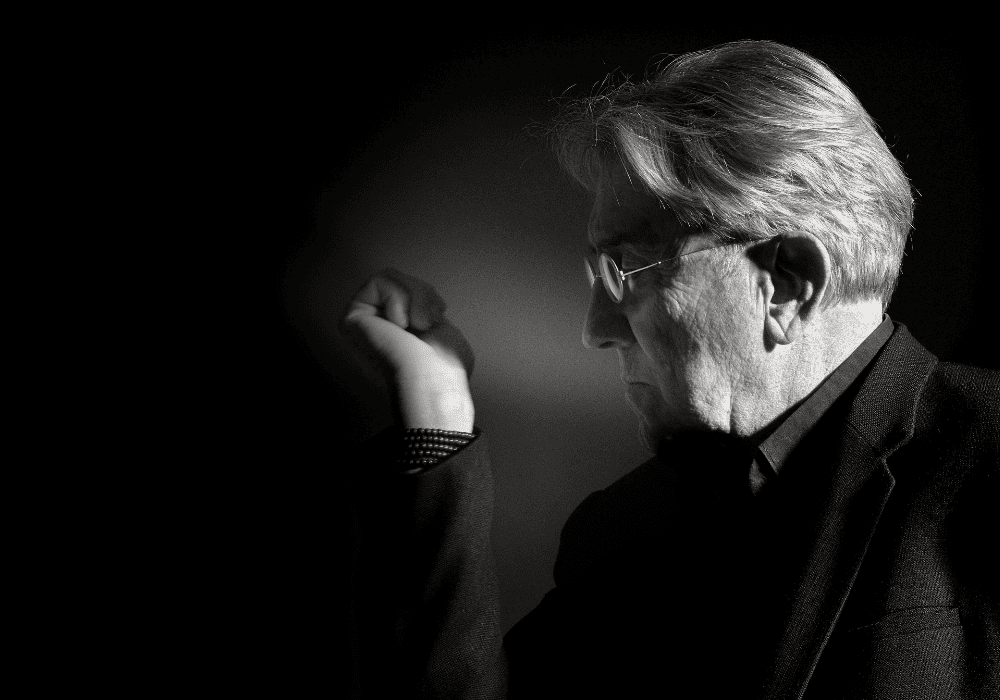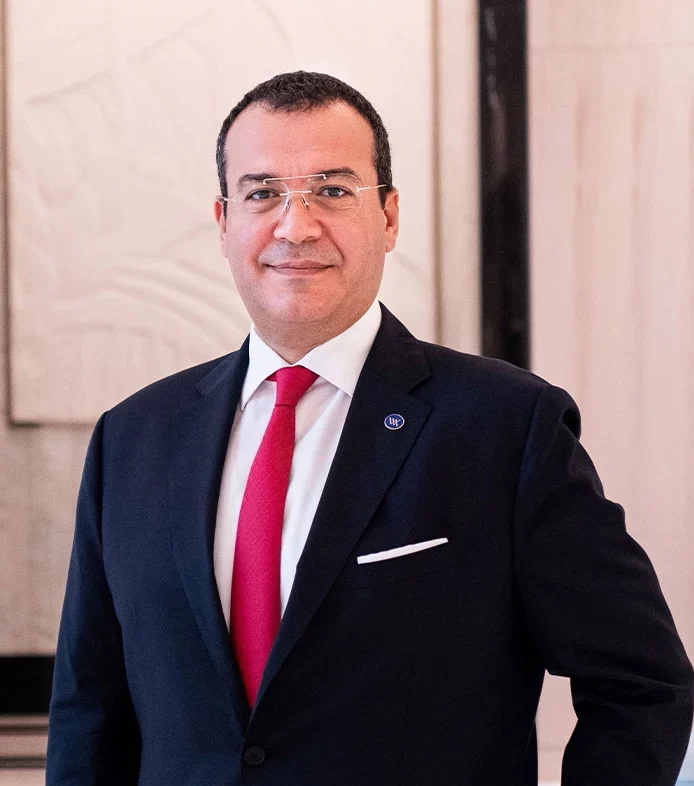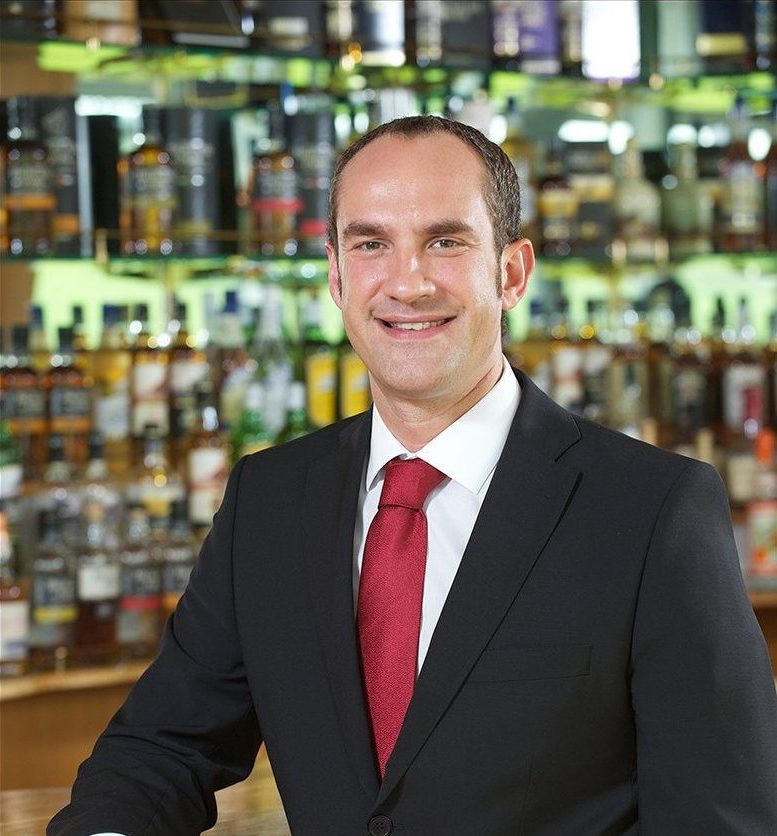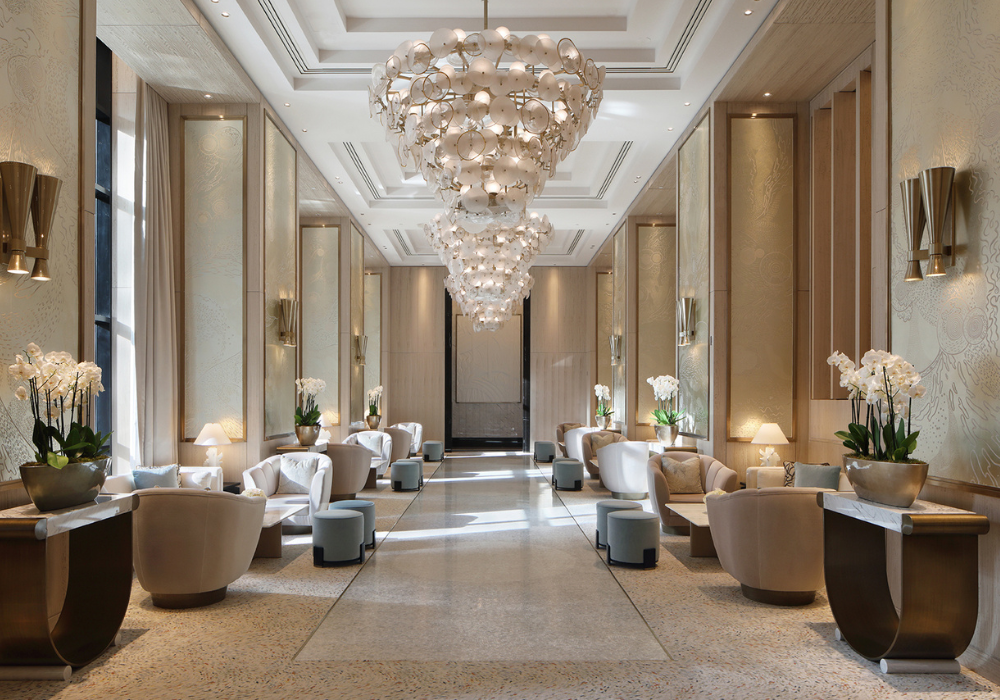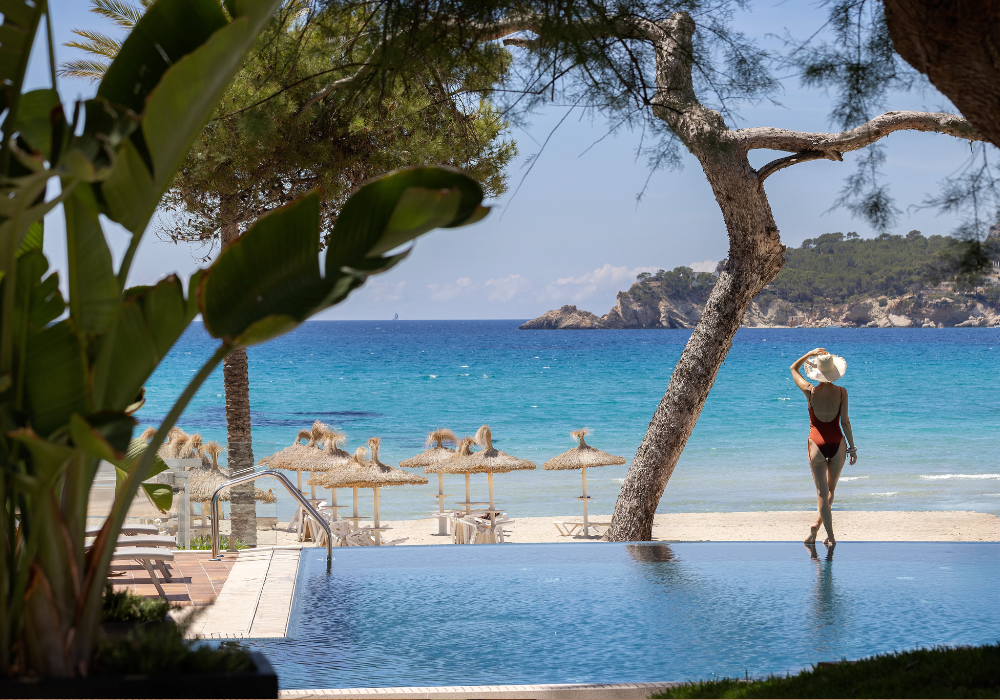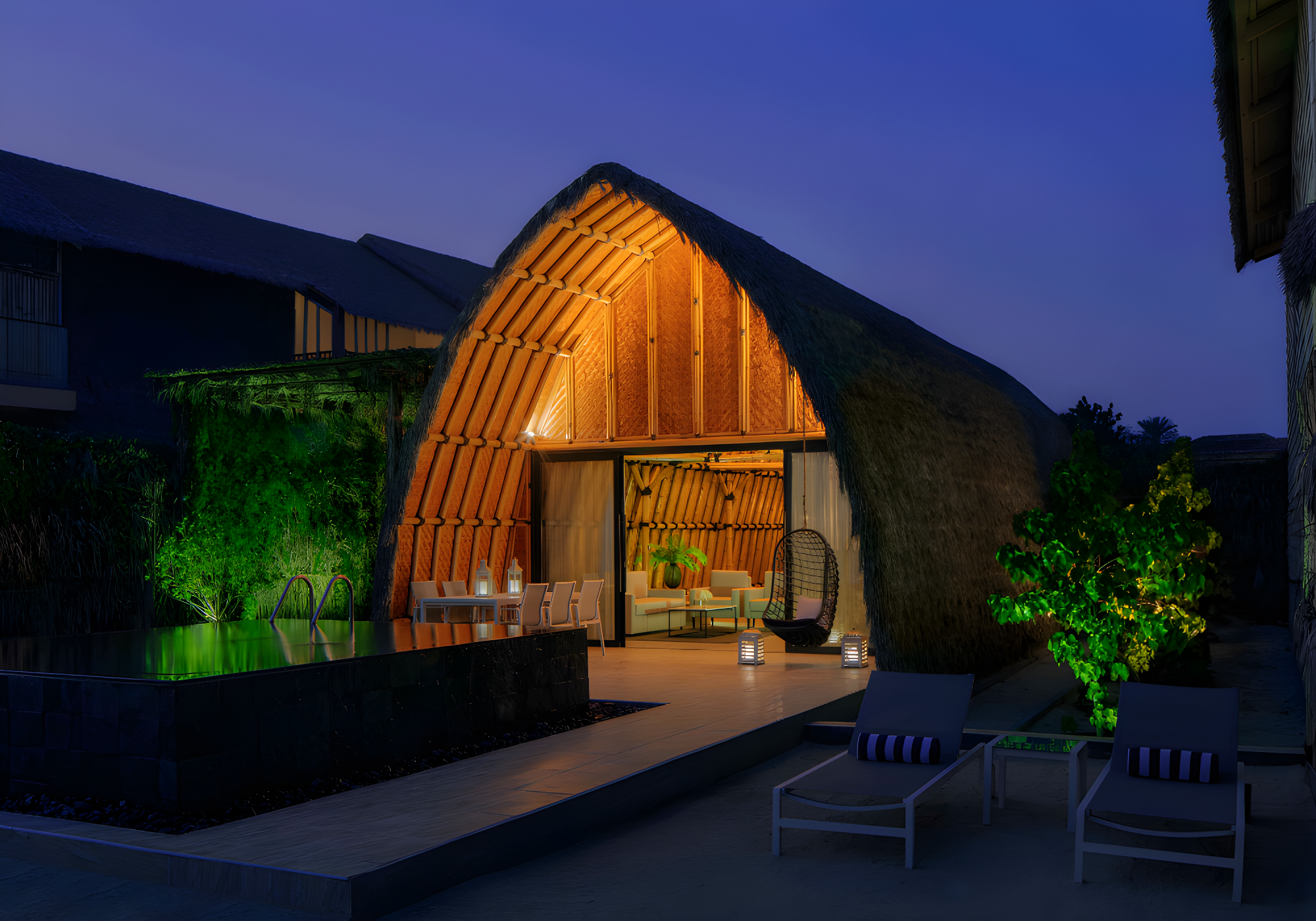Ramón Monegal is one of Spain’s most gifted “noses” and the only independent perfumer in the country with a distinct olfactory language. His goal is to perfect every drop of fragrance, achieving the highest level of excellence and quality in each bottle. Drawing on imagination, experience, emotion, and memory, Monegal creates perfumes made with noble essences of remarkable distinction.
The perfumer transforms scent into art, guided by the freedom of composition and ingredients, as well as by his experience, reclaiming the artisanal origins of perfume creation.
What does luxury mean to you?
I always say that the only true luxury that exists is art, and any piece of art must be signed by its creator. Perfumery is no longer an art because it has become industrialized, although there was a time when it truly was. With what I do, I try to revive the path back to the art of perfumery.
What do you love most about your work?
What I love most is the freedom to do what I want, and with the people I want.
If you could describe the Ramón Monegal brand in one word, what would it be?
For me, at this moment, it’s a challenge. Spanish perfumery has always been important, inherited from the Arabs, who culturally gave great importance to scent. We are one of the countries most in love with perfume because from birth, we are accustomed to fragrance. Another defining moment came when the dictatorship made perfume accessible by asking manufacturers to create a one-liter cologne exempt from taxes so that every household could have its family fragrance. Because of this, I believe Spain has a strong perfumery tradition and great brands, but they have not been recognized globally. My challenge is to prove that Spain has talent, culture, and a refined appreciation for perfumery, and that perfumes as fine as the French ones can be created here.
Which creation do you consider your best?
Your first creation is always important, but above all, it’s the one I’m working on now, because every time you start a project, you believe it will be extraordinary. When I finish this one, my next project will probably be my favorite, because if I ever stopped believing in improvement, I would have to dedicate myself to something else.
What is your favorite scent?
I love many smells, but some are more emotional and bring back good memories. I like iris root, leather, woods, things that are not as obvious as flowers.
Do you think the Spanish market is a good perfume consumer?
It’s excellent, although we are still behind in luxury perfumery because Spanish customers are used to buying fragrances at very low prices. We are not accustomed to exclusivity, but the seed has been planted, it has been nurtured, and it’s beginning to grow. More and more people are willing to spend more on a scent.
How do you see the perfume industry in 10 years?
In Barcelona, the cradle of perfumery in Spain, things are changing. I’ve lived through several stages and witnessed its evolution. There was a time when it was very popular, but there was also exclusive perfumery belonging to luxury brands. Over time, this luxury sector became mass-market, and now clients are seeking something that makes them feel unique. For this reason, independent and niche brands not bound by trends have their opportunity. In the future, large-scale production will suffer, as consumers will seek their own personal scent or something that few others can have. We will return to exclusivity once products once considered luxurious have become mass-produced and sold alongside detergents. The industry will need to reinvent itself, and artisans will regain ground.
What would be the antithesis of a luxury perfume?
A bespoke, made-to-measure perfume. It’s almost a work of art because it’s unique, carries the creator’s signature, and conveys the client’s values, but it also comes with the price of an artwork. However, there are systems that allow for customization without reaching the level of a unique piece.
How do you express a feeling through a perfume?
A perfume is a message, an attitude. There is a language of scent. I compare it to a novel, where words form sentences and create the chords of a story, sensations and emotions that ultimately define an attitude. I don’t choose ingredients at random but for their meaning. Flowers convey seduction, woods provide strength, spices enhance energy, roots bring balance, and leaves evoke freedom. Each element expresses a feeling or attitude. Only perfumers truly understand the language of scent. If everyone were educated to recognize smells, we would choose perfumes not for their advertising or celebrity endorsement but for how they make us feel.
What would you recommend to someone choosing their ideal perfume?
The first thing we should do is teach people how to approach scent. A perfume is like a new pair of shoes that may feel uncomfortable at first but eventually fits you perfectly. You have to wear it, get used to it, and realize that there are no good or bad scents. Perfume is like an abstract painting, you need to understand it before you can appreciate it. It’s a matter of perception.
What smell do you remember from your childhood?
The smells of childhood are very important. They can come from colognes, people, places, or moments. In my case, the scent of the sea brings me peace because it reminds me of vacations. The smell of mandarin takes me back to school, and cedarwood reminds me of biting on pencils.
What was your first perfume?
It was Alada. It was a project for young people that I created for Myrurgia. My father didn’t like it at all, but it was a huge success and became a market leader.
What do you collect?
As a child, I started collecting miniature cars, and I still do, although now they’re a bit larger because the details are better. I also collect hunting knives and bicycles. Nothing related to perfume, because even though I have many, that’s work. Besides, perfumes can’t really be collected, only their bottles, since like wine, they oxidize over time.
The Luxury Trends Magazine (Revista de lujo – Luxury magazine) © Ramón Monegal imágenes

